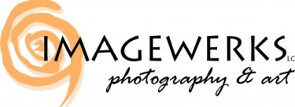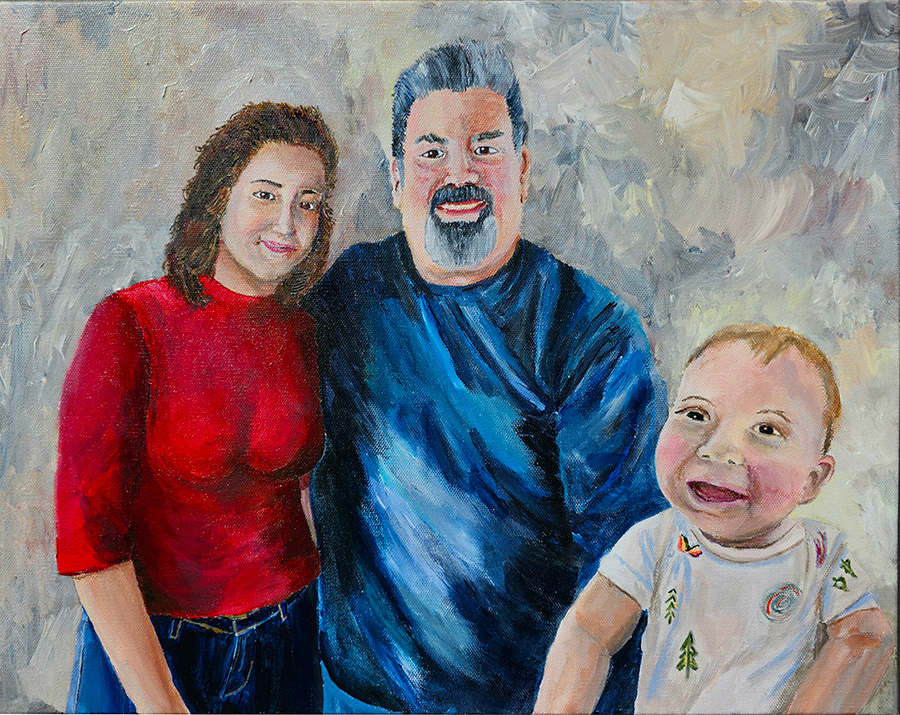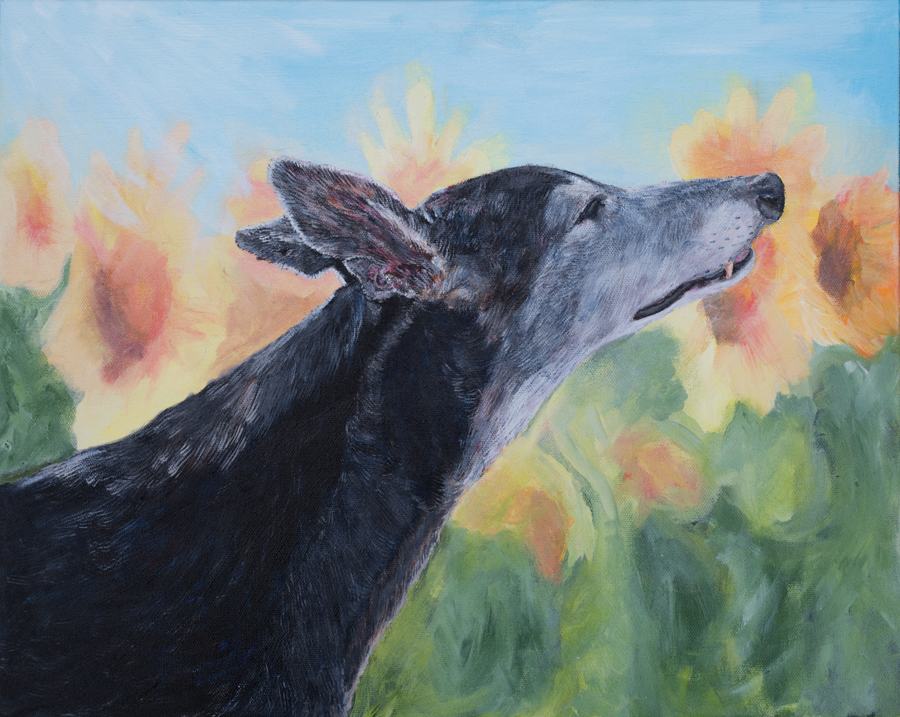Connecticut gal in the south
06/05/2010I’m Published! In CNNMoney.com No Less
07/17/2010When looking to hire a designer for your next project, a team, your company, whatever your creative/communication needs are… you need to look for some sort of compatibility — as well as talent. There are thousands of designers out there in the marketplace, you don’t know where to look, referral — word of mouth — google search or internet — even looking them up in the phone book… whatever means you choose. What I recommend or is in my opinion — experience is the best.
I was chatting the other day with a colleague of mine about why people hire us, we both mentioned creativity, knowledge, customer service, etc. But, what popped out immediately about us was this: “the reason people hire ImageWerks is that they benefit from the ‘advantage of experience’. I smiled and said – “yes, they do, we have over 35+ years providing technical, design, and photographic services.”
While reading today, I found this on another blog & thought it was very appropriate to repost, let me know what you think… & of course, if you need any of our services (photography or design)… don’t hesitate to call!
————— Credit: John McWade.
“…… A colleague — a non-designer — wrote to me last week asking for help in hiring a “creative services lead” to head up a new project for his business. What should he look for in a designer? Here are the eight qualities I like.”
1) Passion, vision and self-motivation. Without these, you’ll be dragging a rock. You need someone who shares your vision. Nothing’s worse than a “what-do-you-want-me-to-do-next?” kind of designer. Well, no, yes there is. One who’s touchy and confusing, too.
2) Vocabulary. A creative lead should be able to articulate what’s happening and why, in language that you and your staff can understand. If you start hearing vague terms like “pop” and “impact,” make him explain what he means. Listen for, “If we do A and B, we can expect C.” This is not trivial.
3) Inquisitive intelligence. Look for someone who’s curious about almost everything and approaches life with a sense of wonder. Similarly, I want someone who’s taken the time to learn about my company and whose questions are perceptive.
4) Good conceptual skills. There are many ways to achieve any stated design goal. Conceptual skills find the new and interesting ones. You might articulate a hypothetical situation and ask her to describe three possible directions. Prepare to get out of your box. The best concepts are often unrecognized at first.
5) A portfolio. You’ll know in 15 seconds the designer’s skill level. Compare his work to excellence that you’ve seen, and don’t compromise. If it’s below what you’re seeking, end the interview right there. Politely, please.
6) Projects. If you see a lot of one-off stuff, no matter how attractive, it won’t tell you much; most designers can do nice, single pieces. Look for complete projects — Web site, print material and stationery, for example — that share a common look and purpose. Such work is more difficult to visualize, organize, and execute.
7) Real-world experience. The emphasis here is on “real.” Always ask under what conditions a design was achieved. How did the designer interact with the client? What was the role of each? Time frame? Revisions? Budget? Fantastic “portfolio pieces” are less desirable than solid design done under realistic conditions. If you find both, cheer!
8) Production skills. Your person will need production skills or know how to hire them. Nothing will slow you quicker than not being able to make something happen that you want to happen. Also, someone who understands typography is preferable to someone who can just type. Likewise, someone who understands the guts of Web coding is preferable to someone who can just run Dreamweaver.
—————
Miscellaneous notes:
It goes without saying that personalities must be compatible. Never hire an otherwise perfect candidate assuming that “he’ll change,” or that “you’ll change her.” You can usually feel the vibe right away. Trust it.
Even if you (both) like the vibe, it’s a good idea to establish a trial period. A person can be qualified and compatible, but for one reason or another can’t get the work done. You’re out of rhythm. Your work styles don’t jell. Something was misunderstood. Whatever the case, give yourselves at least a 90-day period in which either of you can terminate employment at will, for no cause at all. This is good for both of you. Creative work comes from love, passion and relationship. It can’t be faked.


